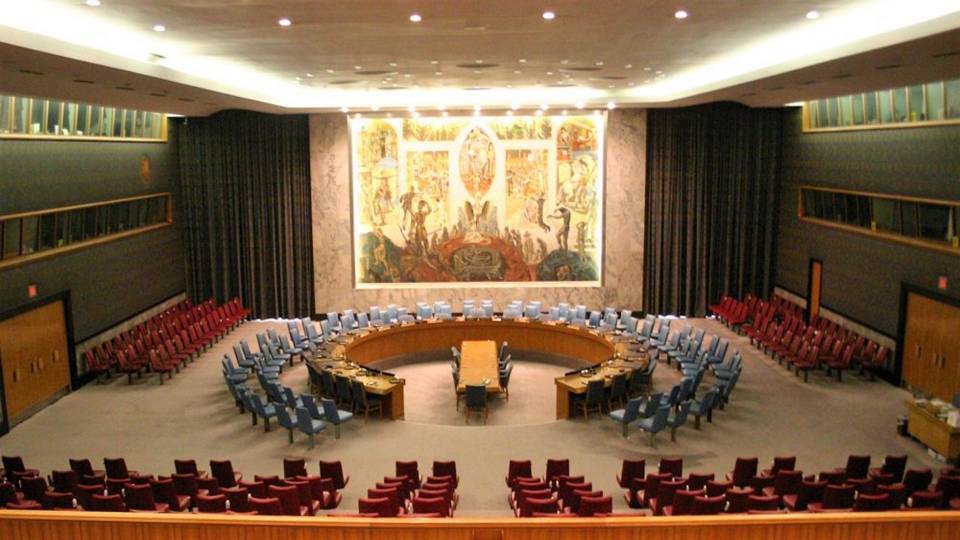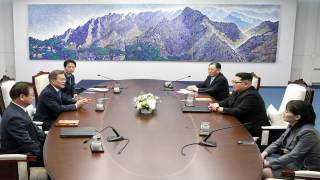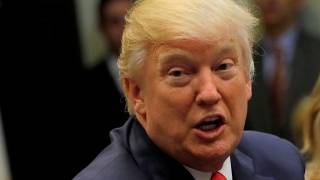UN Agency Helps North Korea with Patent Application for Banned Nerve Gas Chemical
For more than a year, a United Nations agency in Geneva has been helping North Korea prepare an international patent application for production of sodium cyanide -- a chemical used to make the nerve gas Tabun -- which has been on a list of materials banned from shipment to that country by the U.N. Security Council since 2006.
The World Intellectual Property Organization, or WIPO, has made no mention of the application to the Security Council committee monitoring North Korea sanctions, nor to the U.N. Panel of Experts that reports sanctions violations to the committee, even while concerns about North Korean weapons of mass destruction, and the willingness to use them, have been on a steep upward spiral.
Fox News told both U.N. bodies of the patent application for the first time late last week, after examining the application file on a publicly available WIPO internal website.
Information on the website indicates that North Korea started the international patent process on Nov. 1, 2015 -- about two months before its fourth illegal nuclear test. The most recent document on the website is a “status report,” dated May 14, 2017 (and replacing a previous status report of May 8), declaring the North Korean applicants’ fitness “to apply for and be granted a patent.”
During all that time, however, the U.N.’s Panel of Experts on North Korea “has no record of any communication from WIPO to the Committee or the Panel regarding such a serious patent application," said Hugh Griffiths, coordinator of the international U.N. expert team, in response to a Fox News question.
The Panel of Experts has now officially “opened an investigation into this matter,” he said.
“This is a disturbing development that should be of great concern to the U.S. administration and to Congress, as well as the U.S. Representative to the U.N.,” William Newcomb, a member of the U.N. Panel of Experts for nearly three years ending in 2014, told Fox News.
Said an expert familiar with the sanctions regime: “It undermines sanctions to have this going on. The U.N. agencies involved should have been much more alert to checking these programs out.”
Read the rest of the article here






















